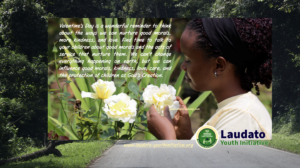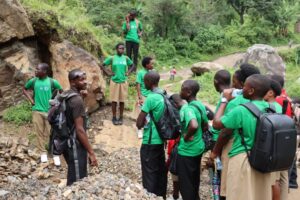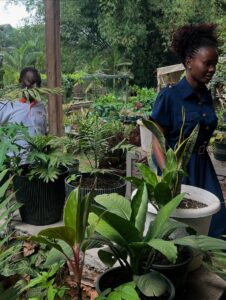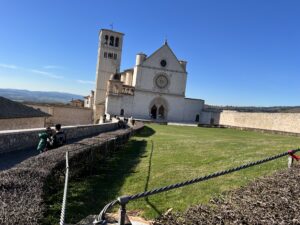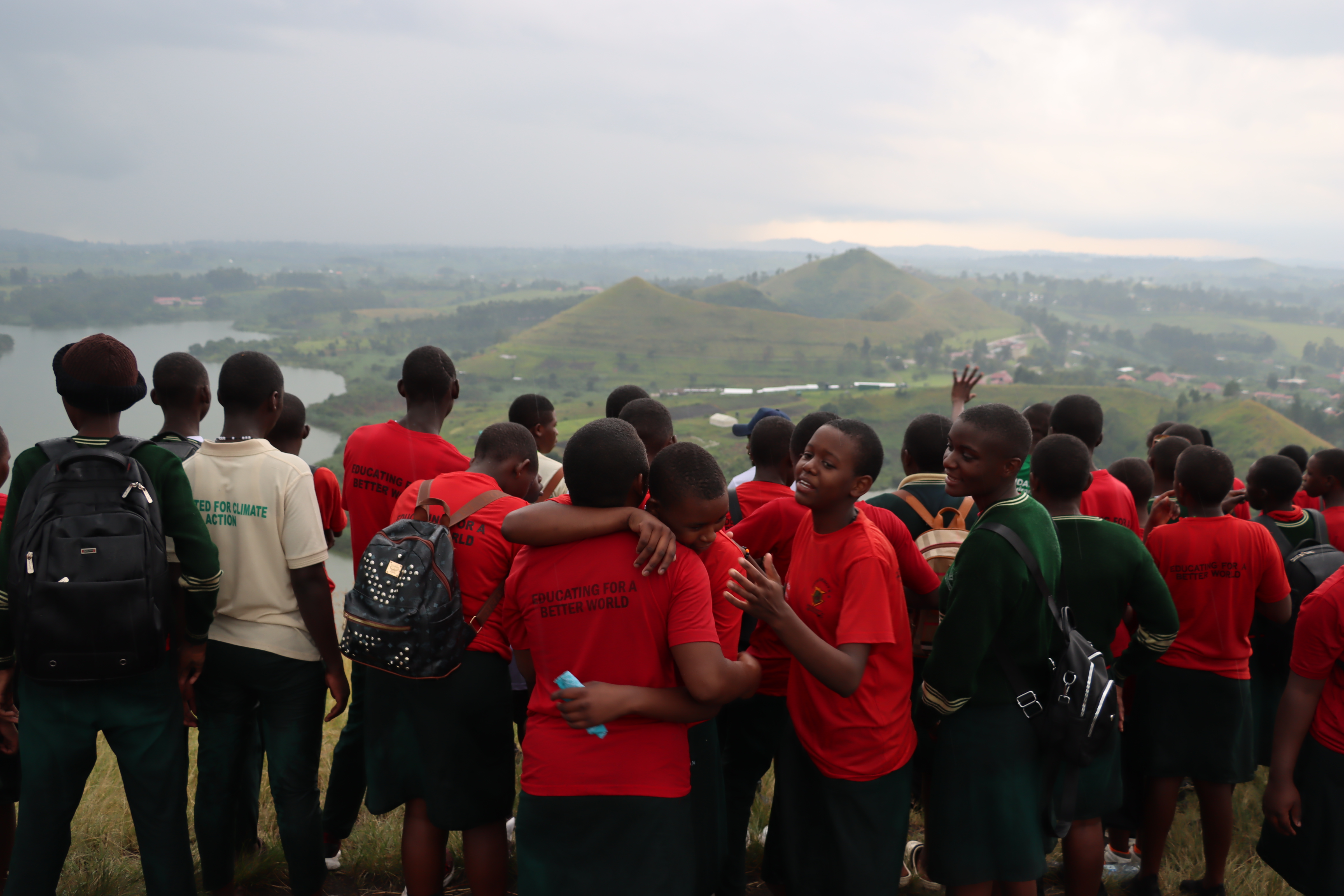By: Bruno Del Rio
A Pilgrim for Our Times
In a world fractured by division, wounded by climate crises, and desperate for compassion, there rose a man from the southern tip of the globe whose voice echoed across continents—not with thunder, but with tenderness. Pope Francis, born Jorge Mario Bergoglio, became more than the 266th pope of the Roman Catholic Church; he became a spiritual compass pointing us toward justice, simplicity, and care for our common home.
As the Church marks this Jubilee Year of Hope, we reflect on the extraordinary life and timeless legacy of a man who walked humbly, loved deeply, and challenged the world to do better.
Walking Gently with the Earth: The Life and Mission of Pope Francis
Jorge Mario Bergoglio was born on December 17, 1936, in Buenos Aires, Argentina, into a working-class family of Italian immigrants. His early years were shaped by simplicity and struggle, especially after a life-threatening illness at 21 resulted in the removal of part of his right lung. These early experiences carved in him a soul steeped in empathy and spiritual reflection.
He joined the Society of Jesus in 1958, becoming a Jesuit priest in 1969. As an educator and spiritual guide, he became known for his devotion to the poor and his preference for the margins. In 1973, he was appointed Jesuit Provincial Superior during Argentina’s brutal dictatorship. Amid great personal risk, he secretly sheltered those persecuted by the regime—acts of quiet heroism that remained untold for years.
Appointed Archbishop of Buenos Aires in 1998, Bergoglio became a “bishop of the streets.” He rejected luxury, used public transport, and emphasized outreach to the forgotten corners of the city. When he was made a cardinal by Pope John Paul II in 2001, he remained the same humble servant, often seen walking among the people.
Then came the historical moment on March 13, 2013, when he was elected Pope, choosing the name Francis—a first in papal history. Inspired by St. Francis of Assisi, the beloved patron of peace and ecology, Pope Francis signaled a new era for the Church—one rooted in mercy, dialogue, and an urgent call to care for the earth.
His teachings would go on to transform hearts and policies. With Laudato Si’ in 2015, he issued an unprecedented papal encyclical dedicated to the environment. Speaking to “every person living on this planet,” he warned of the dangers of climate change, consumerism, and a “throwaway culture,” urging all to listen to the cry of the earth and the cry of the less privileged. The document galvanized environmental activists, youth movements, and global leaders, becoming a foundational text for ecological spirituality and justice.
In the years that followed, Pope Francis continued to speak boldly on issues of economic inequality, war, migration, indigenous rights, and Church reform. His apostolic exhortations Evangelii Gaudium (2013), Amoris Laetitia (2016), and Fratelli Tutti (2020) formed the moral compass of a Church called to be less about judgment and more about accompaniment.
In 2020, during the height of the COVID-19 pandemic, the world watched in silence as Pope Francis stood alone in a rain-soaked St. Peter’s Square, offering a blessing Urbi et Orbi to a suffering world. That image—the solitary shepherd praying for humanity—captured the essence of his papacy: intimate, universal, and steeped in hope.
A Legacy Rooted in Earth and Spirit
As Kenya and other nations struggle with environmental degradation, systemic corruption, youth unemployment, and social instability, Pope Francis’ message feels urgent and deeply personal. In Dandora, for instance—one of Africa’s largest dumpsites and a symbol of ecological injustice—his words call out like a prophet’s cry. He taught that environmental decay is always linked with social decay; that to heal one, we must heal the other.
He believed in a Church not locked behind walls but walking beside the broken. His call to ecological conversion was not simply about recycling or reducing plastic—it was about rethinking how we live, consume, govern, and love.
In this 2025 Jubilee Year, declared as a pilgrimage of hope, Pope Francis reminded Catholics everywhere that to be a pilgrim is to be humble, open to transformation, and rooted in trust. His spiritual legacy invites all of us—from Nairobi to Buenos Aires, from Rome to Dandora—to live simply, act justly, and walk gently with the earth.
The Last Breath: Our Shepherd Has Gone Home
Despite facing significant health challenges in his final months, Pope Francis remained dedicated to his mission. After being hospitalized in February 2025 for bronchitis and bilateral pneumonia, he was discharged on March 23 and advised to rest. True to form, however, he resumed public duties, determined to shepherd the faithful even in frailty.
His final public appearance came on Easter Sunday, April 20, when he delivered the Urbi et Orbi blessing from Saint Peter’s Square. His last spoken words were a message of gratitude to a nurse who had cared for him, enabling him to participate in the Easter Mass.
Tragically, on the morning of April 21, Pope Francis suffered a fatal stroke at his residence in Vatican City. His personal assistant, Massimiliano Strappetti, found him unresponsive. His longtime physician arrived shortly after and determined that due to the severity of the stroke, transferring him to a hospital was unwise. Honoring the Pope’s expressed wish to die at home, they provided comfort until he passed away peacefully two hours later.
His funeral, scheduled for Saturday, April 26, 2025, will be attended by global leaders, the faithful, and people of all religions—testimony to the universal embrace of his papacy.
In a deeply personal request recorded in his spiritual testament dated June 29, 2022, Pope Francis asked not to be buried beneath St. Peter’s Basilica like most popes, but at the Basilica of Santa Maria Maggiore in Rome. This Marian shrine was one of his most beloved places—he visited it often to pray before and after his apostolic journeys, always in front of the icon of Our Lady, Salus Populi Romani. His choice reflects his life of humility, devotion, and closeness to Mary and the people.
As we mark his death with prayer and gratitude, we recognize the enormous gift he gave to the world. The Laudato Si’ Movement in Kenya honors his life by continuing his mission—through grassroots advocacy, education, reforestation, and community empowerment. In our clean-up drives, tree plantings, youth trainings, and parish reflections, his spirit lives on.
May Pope Francis, our saintly shepherd, rest in the eternal light of the Creator.
May his courage inspire our action. May his humility shape our leadership.
And may his voice gentle but firm continue to echo in our forests, in our cities, and in our hearts.
“Praised be You, my Lord, through our Sister Mother Earth, who sustains and governs us.” – Laudato Si’, St. Francis of Assisi








